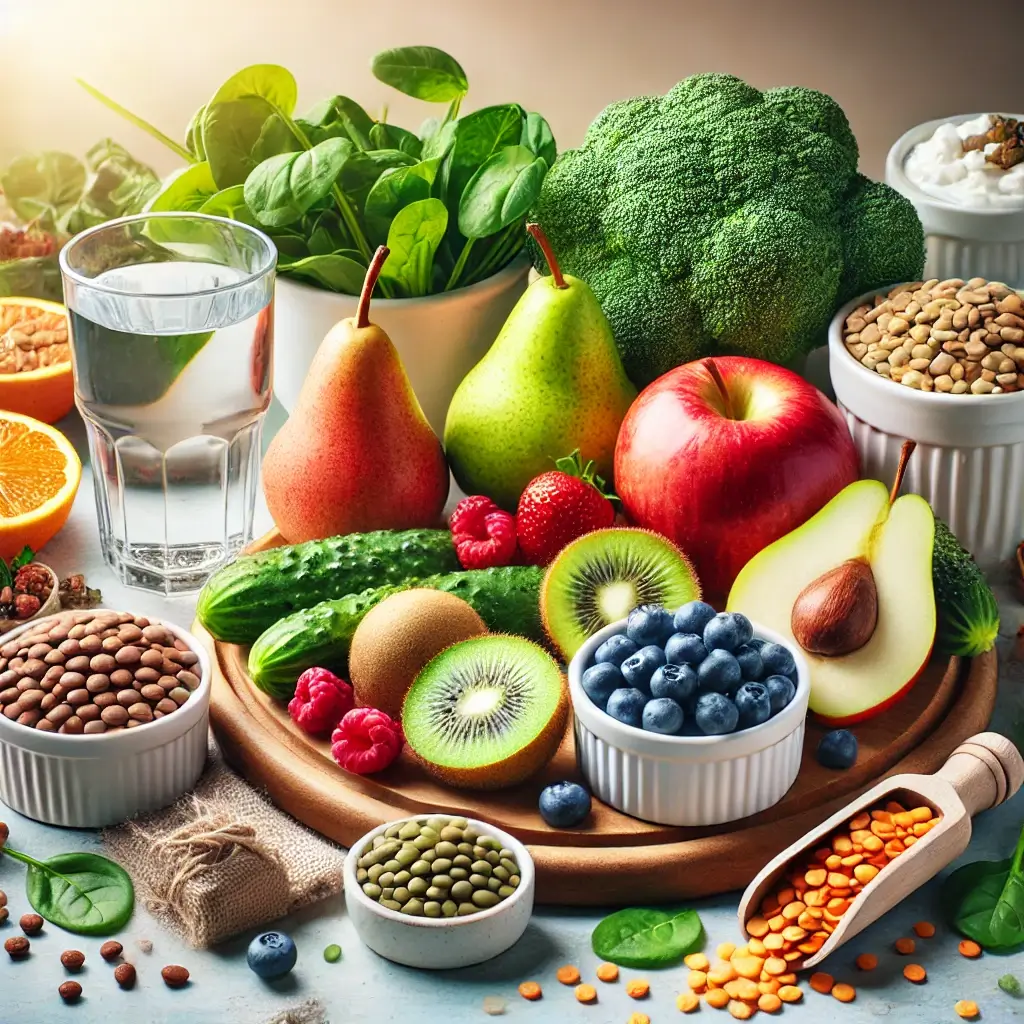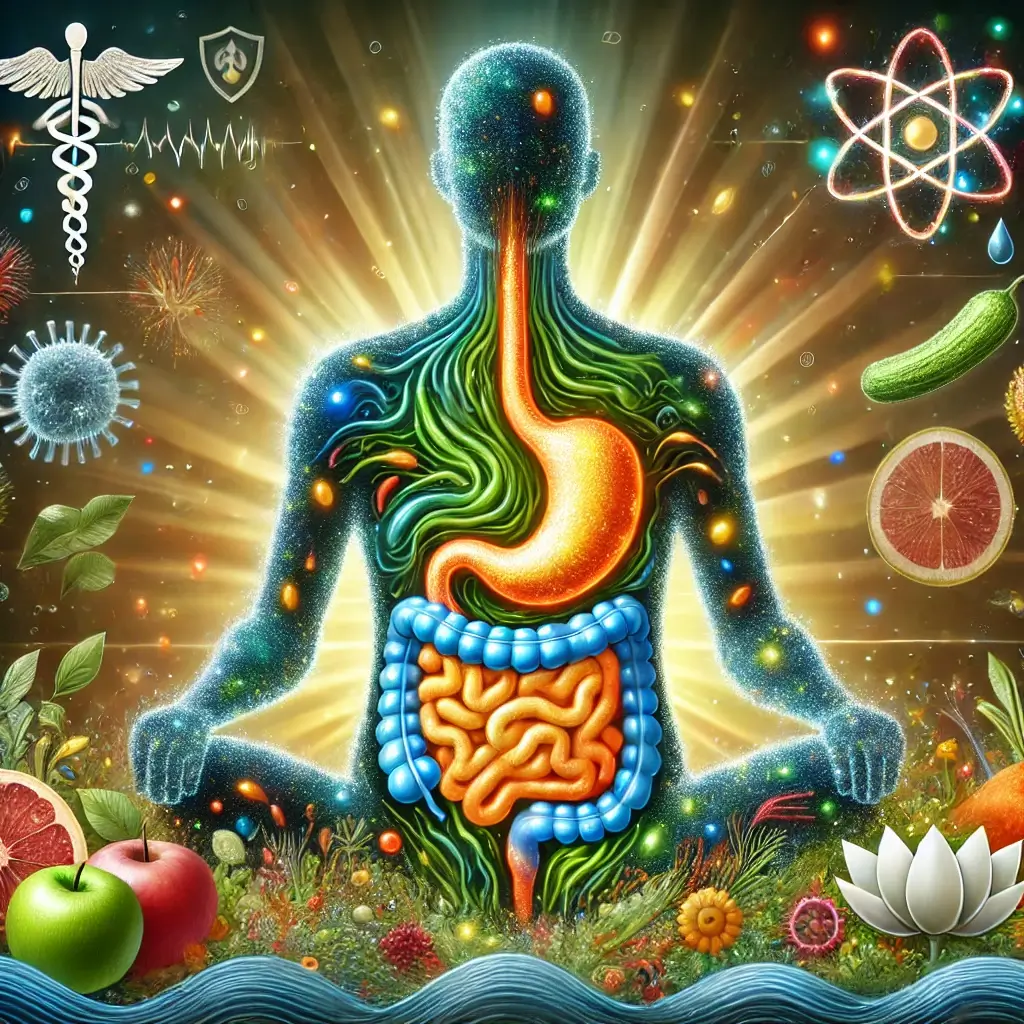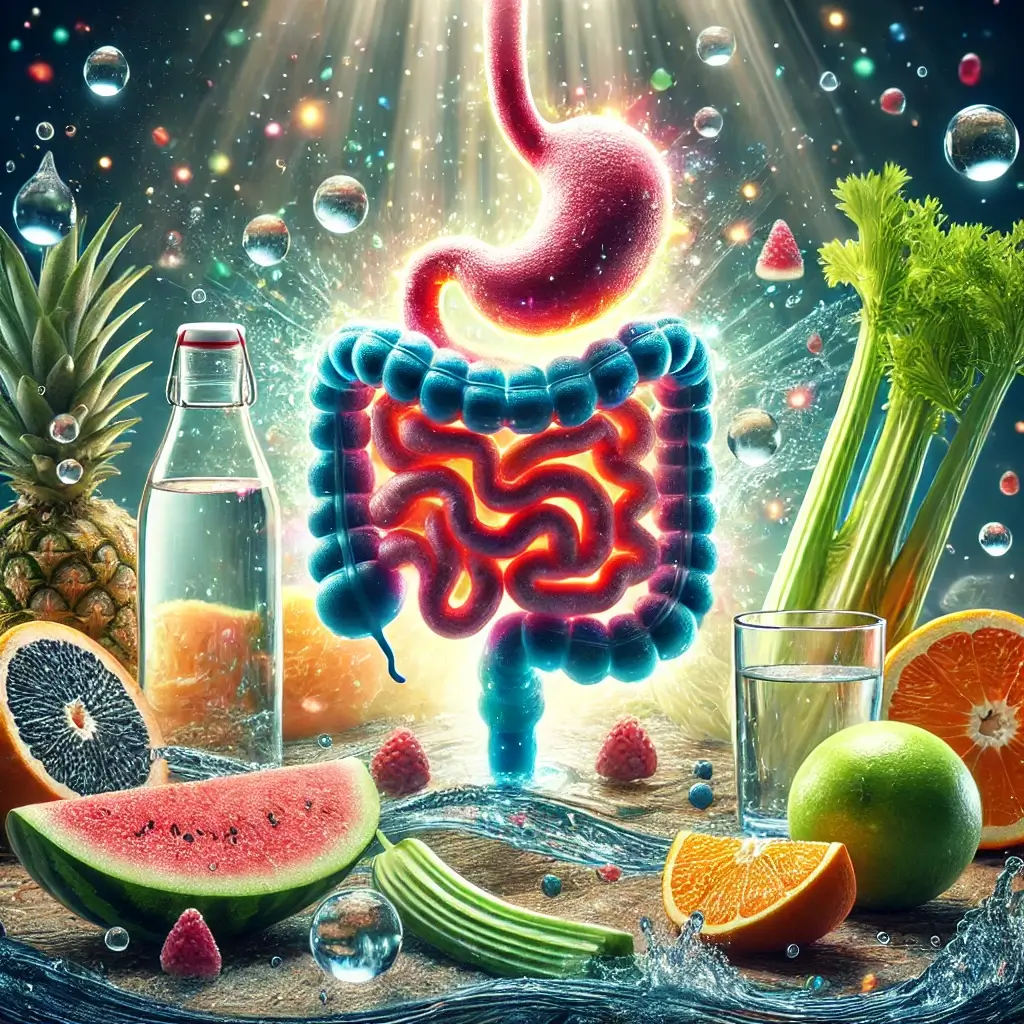Breaking the Digestive Discomfort Cycle: Expert Tips for Better Bowel Health
Breaking the Silence on Digestive Health
We’ve all been there—feeling bloated, uncomfortable, and out of sorts because of constipation. It’s a condition many hesitate to talk about, yet it affects millions globally. Constipation, defined as fewer than three bowel movements a week or difficult stool passage, can disrupt your day-to-day life and dampen your mood.
While constipation can result from various factors like stress, a sedentary lifestyle, or medications, dietary choices often play the most significant role. Fortunately, with some simple adjustments, you can get things moving again—literally! In this article, we’ll explore how specific foods, hydration, and gut-friendly bacteria can help you break free from constipation and regain your digestive health.
Understanding Constipation: What’s Happening Inside?
To understand how to tackle constipation, it helps to know what’s going wrong. When the digestive system isn’t functioning optimally, stool can become dry and hard, making it difficult to pass. Common causes include:
Low Fiber Intake: Fiber adds bulk and absorbs water, helping stool move smoothly.
Dehydration: Without enough water, the colon absorbs more liquid from stool, leaving it dry.
Imbalanced Gut Microbiota: A lack of beneficial bacteria in the gut can slow digestion.
Addressing these underlying issues with the right diet can offer quick and lasting relief.
The Superfoods That Keep You Regular
If you’re ready to get your digestive system back on track, here are some foods you’ll want to add to your grocery list:
Fiber All-Stars:
Fruits: Apples, pears, and berries (with skin for maximum fiber content).
Vegetables: Spinach, kale, broccoli, and artichokes.
Whole Grains: Oats, quinoa, and whole-wheat bread.
Legumes: Lentils, chickpeas, and black beans.
Research published in Alimentary Pharmacology & Therapeutics confirms that fiber improves stool frequency and consistency. Soluble fiber in oats and insoluble fiber in vegetables work together to keep your bowel movements regular.
Hydration Heroes:
Water: Aim for at least 8–10 glasses daily.
Hydrating Foods: Cucumbers, watermelon, and citrus fruits.
Herbal Teas: Peppermint or chamomile tea can soothe the digestive tract.
A study from the World Journal of Gastroenterology found that increasing water intake improved symptoms in patients with chronic constipation. Staying hydrated is non-negotiable for healthy digestion.
Probiotic Powerhouses:
Yogurt: Choose varieties with live and active cultures.
Kefir: A fermented milk drink packed with probiotics.
Kimchi and Sauerkraut: These fermented vegetables boost gut health.
Probiotics can enhance stool frequency and consistency by balancing gut bacteria, as highlighted in a 2020 Nutrients study.
Making Small Changes for Big Results
Incorporating these constipation-busting foods doesn’t require a major dietary overhaul. Here are a few easy ways to get started:
Begin your day with oatmeal topped with berries and flaxseeds.
Carry a reusable water bottle to remind yourself to stay hydrated.
Add a side of leafy greens to your lunch or dinner.
Swap sugary snacks for a handful of nuts or a probiotic yogurt.
Remember to introduce fiber gradually to avoid bloating or discomfort, and always pair high-fiber foods with plenty of water to maximize their effectiveness.
Beyond Food: Lifestyle Tips for a Healthy Gut
While diet plays a leading role, other lifestyle adjustments can complement your efforts:
Exercise Regularly: Physical activity stimulates bowel movements.
Establish a Routine: Try to visit the bathroom at the same time each day.
Manage Stress: Chronic stress can disrupt your digestive system, so explore relaxation techniques like deep breathing or yoga.
Conclusion: Take Control of Your Digestive Health
Constipation may be common, but it doesn’t have to control your life. By making simple dietary changes, like incorporating fiber-rich foods, staying hydrated, and adding probiotics to your meals, you can achieve lasting relief and better digestive health. Don’t forget to be patient with your body—consistency is key to success. If symptoms persist, seek advice from a healthcare professional to address any underlying issues.
Your digestive system will thank you for every small, positive step you take!
References
Chey, W. D., & Bharucha, A. E. (2019). Constipation: Evaluation and Treatment. Alimentary Pharmacology & Therapeutics, 50.
Yang, X., et al. (2016). Role of water intake in chronic functional constipation: A comprehensive review. World Journal of Gastroenterology, 22(21), 4878-4887.
Liu, Z., et al. (2020). Prebiotics and Probiotics: Impact on Constipation. Nutrients, 12(8), 2266.













